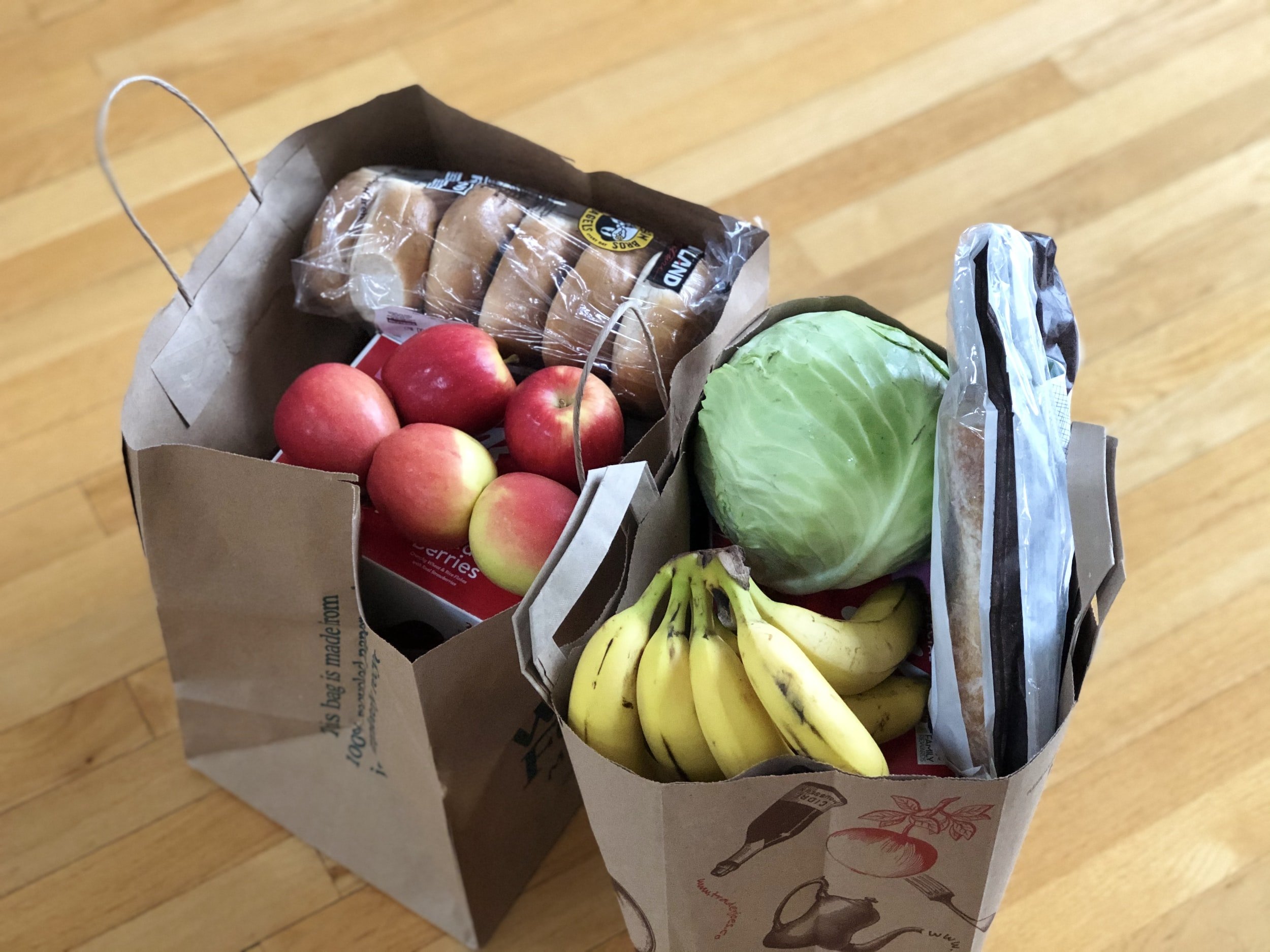Impatient for Systems Change to Adequately Fund Health Related Social Needs? Us Too.
by Susan Donovan, Director
At Quantified Ventures, we believe in the power and promise of community-based service providers to deliver better individual and community health outcomes – especially for people most affected by systemic racism and poverty. To meet high levels of demand and drive these outcomes most effectively, service providers need new sources of funding that are – in all respects – more: more reliable than philanthropy, more robust than fee-for-service healthcare reimbursement, and more flexible than government grant programs.
As the primary source of health insurance for low-income individuals, the Medicaid program (and, by extension, Managed Medicaid health plans) is a logical partner for service providers in developing these new funding streams.
In recent years, research has borne out what has long been surmised – namely that Medicaid funding for services that address health-related social needs (e.g., housing navigation or food delivery) improve health outcomes and deliver a positive return on investment.
Increasingly, states like California, North Carolina, and Washington are directing more Medicaid dollars toward initiatives that address health-related social needs. In January 2023, the Centers for Medicare & Medicaid Services endorsed this shift by issuing a letter to states providing more flexibility under their current managed care authority to address health-related social needs.
And yet, early signs from states adopting Medicaid payments for these services suggests that payments generally reflect only a fraction of the value that can be created and are frequently insufficient to cover operating costs.
In this context of Medicaid service expansion, the transition (albeit slow) to value-based payment presents a real opportunity for service providers addressing health-related social needs to break the endless cycle of fundraising required to fill the revenue gap that exists absent adequate and reliable revenue.
At Quantified Ventures, we work with community-based service providers (CBSPs) to take advantage of the emerging opportunities presented by value-based payment models and Medicaid payments for health-related social needs. Our outcomes-based contracting approach – in which payments are indexed to the value of expected outcomes rather than the cost of providing services – rewards high performing service providers with the earned revenue they need to meet their core mission and scale services to address demand.
Let’s take a deeper look at three health sector payment trends and the related opportunities for CBSPs.
Increase in Medicaid MCO Payments for Health-Related Social Needs
Section 1115 Medicaid demonstration waivers “offer states an avenue to test new approaches in Medicaid that differ from what is required by federal statute.” As of this writing, 18 states have approved Section 1115 waivers with SDOH-related provisions and 11 states have pending SDOH requests. (A helpful tool from the Kaiser Family Foundation tracks Medicaid Section 1115 waivers by state).
In 2022, four states – Arizona, Arkansas, Massachusetts, and Oregon – received section 1115 waivers that authorize expenditures for evidence-based health related social need services and infrastructure to address food insecurity and housing instability for specific populations. These states will track and assess the effect these services have on overall program costs.
Several other “early adopter” states leveraging section 1115 waivers to pilot new approaches are:
California and its California Advancing and Innovating Medi-Cal (CalAIM) initiative that seeks to further the state’s whole person care approach.
North Carolina’s Healthy Opportunities Pilots, which focuses on high-need Medicaid enrollees with at least one physical or behavioral health risk factor and at least one social risk factor.
Washington’s Accountable Communities of Health to convene, coordinate, connect, and invest in health care delivery systems that benefit local communities.
Recently selected as a CalAIM Providing Access and Transforming Health (PATH) technical assistance vendor, Quantified Ventures will work with organizations in California in two domains: 1) Community Supports: Strengthening Services that Address the Social Drivers of Health, and 2) Engaging in CalAIM Through Medi-Cal Managed Care.
Growth in Value-Based Care
As health care costs in the United States continue to rise, the fee-for-service system has come under increasing scrutiny for driving unnecessary procedures and tests, which increase reimbursements.
Medicare – which is responsible for more than 20% of all health care spending in the United States – has increasingly incentivized a transition to value-based care and Accountable Care Organizations. In fact, the Centers for Medicare & Medicaid Services (CMS) has set a goal of having all people with Traditional Medicare in an accountable care relationship with a health care provider by 2030. With more than 92 million lives covered through Medicaid in 2022 (two-thirds of whom are covered through comprehensive, risk-based MCOs) the value-based market is well-positioned for expansion.
In short, while value-based payments have yet to be widely adapted in the context of payment for health-related social needs, the tailwinds pushing greater investment in value-based care continue to gain momentum.
Rise of Health Outcomes-Based Payment Models
When payments are tied to positive social and health outcomes, going beyond outputs like number of people served, we have an opportunity to align incentives and engage new actors in supporting high-impact programs. Research has shown outcomes-based payment models to be effective, particularly in scenarios that “combine global payments and risk-sharing with explicit bonuses or penalties based on (outcome) indicator scores.”
A frequent challenge in states with incentives for MCOs to pay for community-based service providers is that the funding for health-related social needs often does not cover the full costs that CBSPs bear to deliver high-quality services. Reimbursement structures are generally built around the bare minimum program cost at an individual level, and usually exclude payment for service components embedded in robust care models. Most CBSPs are not designed to do the bare minimum – nor do they provide different levels of service based on who is paying for the program. CBSPs are focused on supporting the best possible outcomes for each individual they serve.
A way to bridge the funding chasm - and make CBSPs financially whole - is through outcomes-based contracting, where performance payments are designed to cover Medicaid funding gaps. We found this in our work with the West Virginia Perinatal Partnership and its Drug Free Moms and Babies program.
The state’s cost-based payment for the program did not incorporate key expenses such as administrative staff support and prospective client outreach. Additionally, at least 10% of program to participants were not eligible for reimbursement. We projected that the Drug Free Moms and Babies program would only cover 60% of its program costs through these Medicaid payments.
However, the value created for Medicaid – through improved maternal and infant health outcomes – is far greater than the cost of operating the program for all participants. By negotiating MCO outcome payments for successful program completion, avoided preterm births, and engagement in medication-assisted treatment the program would be able to cover all of its costs and still return value to Medicaid plans.
Opportunity for Community-Based Service Providers
The time is ripe for CBSPs to expand their partnerships, programs, and impact through a focus on the value they create for the community and individuals as opposed to the cost associated with service provision.
Quantified Ventures helps CBSPs to navigate the evolution to program growth, new revenue, and greater impact through three inter-related service areas:
Sustainable program development and business planning
Business partner engagement and value-based payment structuring
Outcomes-based financing model development and implementation
We encourage CBSP leaders to meet the moment and enhance their impact by diversifying and expanding revenue beyond government grants and philanthropic fundraising. Doing so would deliver many other co-benefits (e.g., enhance performance tracking and management, further ability to detect and address outcomes disparities, develop productive partnerships with health plans) and help to establish a record of impact. This is not easy, but neither is the status quo.
Interested in learning more about how Quantified Ventures can help? Contact me at sdonovan@quantifiedventures.com.


